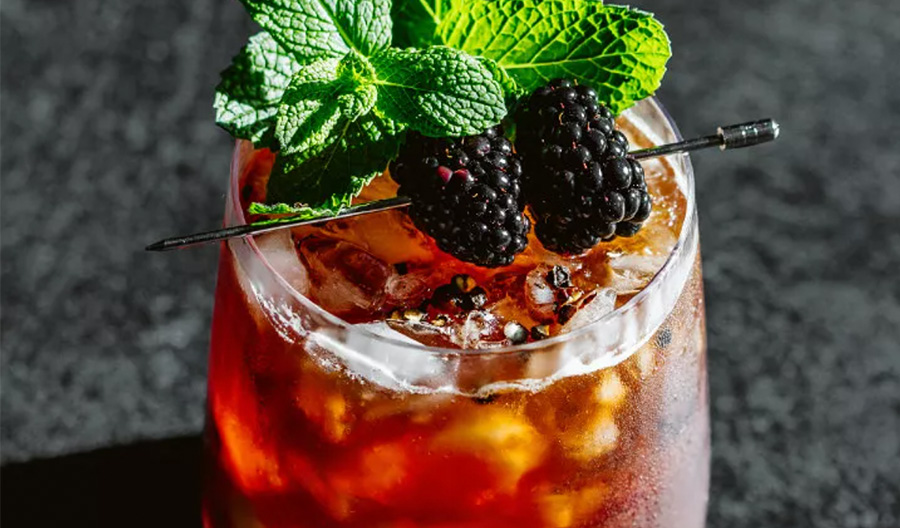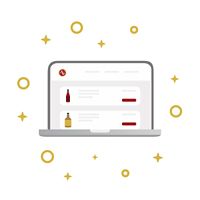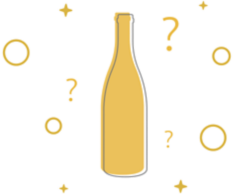Upselling is a sales technique where a seller induces the customer to purchase more expensive items, upgrades, or other add-ons in an attempt to make a more profitable sale. The psychology behind upselling is rooted in principles of persuasion, decision-making, and consumer behavior. It taps into the customer's desire for better value, improved satisfaction, and enhanced experiences.
In the context of cocktails, bartenders can use the principle of 'perceived value' to upsell. This involves presenting a higher-priced cocktail as offering superior value due to its premium ingredients, unique recipe, or the skill involved in its preparation. This can make the customer perceive the cocktail as worth the extra cost, thereby encouraging them to upgrade their order.
Another psychological principle that can be used in upselling is the 'contrast effect'. This is when the difference between two options is made to appear bigger than it is. For example, a bartender could present a standard cocktail and a premium cocktail side by side, highlighting the superior qualities of the premium cocktail to make it seem like a much better choice. Upselling can also leverage the 'scarcity principle'. People tend to place a higher value on scarce things. Bartenders can create a sense of exclusivity around certain cocktails, such as limited-time offers or special editions, to make them more appealing to customers.
The 'reciprocity principle' can be used to upsell cocktails. This principle suggests that people are more likely to give something when they receive something. Bartenders can offer a small free sample of a premium cocktail to customers. The customers, in turn, may feel inclined to return the favor by purchasing the cocktail. Understanding these psychological principles and how to apply them can significantly enhance a bartender's ability to upsell cocktails. However, it's important to use these techniques responsibly and ethically, always keeping the customer's satisfaction and best interests at heart.

What Techniques are Currently Used by Successful Bartenders to Upsell Cocktails?
One of the most effective techniques used by successful bartenders to upsell cocktails is the art of storytelling. They weave interesting narratives around the origin, ingredients, or preparation of a cocktail. This not only piques the customer's interest but also creates an emotional connection, making them more likely to try the cocktail. Another technique is the strategic use of menu design. Bartenders often highlight premium cocktails with eye-catching designs or place them in high-visibility areas of the menu. They also use descriptive language to make the cocktails sound more appealing, thereby encouraging customers to opt for a higher-priced drink.
Knowledge and enthusiasm about the product are also key. Bartenders who are well-versed in their offerings and can explain the nuances of different cocktails are more likely to upsell. They can recommend cocktails based on a customer's taste preferences, making the customer feel valued and increasing the likelihood of an upsell. Offering samples is another effective upselling technique. By allowing customers to taste a small amount of a premium cocktail, bartenders can pique their interest and increase the chances of them ordering the full-size version.
Creating a sense of exclusivity can also help in upselling cocktails. This can be done by offering 'limited edition' or 'bartender's special' cocktails that aren't typically available. The rarity of these drinks can make them more appealing to customers, leading to higher sales. Lastly, successful bartenders often use the technique of suggestive selling. This involves suggesting a cocktail that pairs well with the customer's meal or recommending a cocktail as a perfect way to end the evening. This not only enhances the customer's overall dining experience but also increases the chances of an upsell.
What are Some Common Mistakes Bartenders Make When Trying to Upsell Cocktails?
One common mistake bartenders make when trying to upsell cocktails is not knowing their product well enough. Bartenders need to have a thorough understanding of the drinks they are selling, including the ingredients, the taste profile, and the preparation process. This knowledge not only allows them to recommend cocktails that align with customers' preferences but also to describe the drinks in an appealing way that encourages customers to try something more expensive.
Another common error is failing to build rapport with the customer. Upselling is not just about pushing a higher-priced product; it's about offering a better experience. Bartenders who don't take the time to engage with their customers, understand their tastes and preferences and make personalized recommendations may find their upselling attempts unsuccessful.
Bartenders often miss opportunities to upsell by not suggesting cocktails at key moments. For example, when a customer is about to finish their drink, the bartender can suggest another cocktail that complements the first one. Similarly, when a customer is celebrating a special occasion, the bartender can recommend a special, higher-priced cocktail. Neglecting to upsell the entire experience is another common mistake. Upselling cocktails is not just about the drink itself, but also about the glassware, the presentation, and the pairing with food. By focusing on these aspects, bartenders can provide a more complete and appealing offer to their customers.
Most importantly, bartenders make the mistake of being too pushy in their upselling attempts. While it's important to suggest higher-priced cocktails, it's equally important to respect the customer's choice. If a customer feels pressured into buying something they don't want, it can lead to a negative experience and potentially harm the establishment's reputation. One common mistake bartenders make when trying to upsell cocktails is not knowing their product well enough. Bartenders need to have a thorough understanding of the drinks they are selling, including the ingredients, the taste profile, and the preparation process. This knowledge not only allows them to recommend cocktails that align with customers' preferences but also to describe the drinks in an appealing way that encourages customers to try something more expensive.

